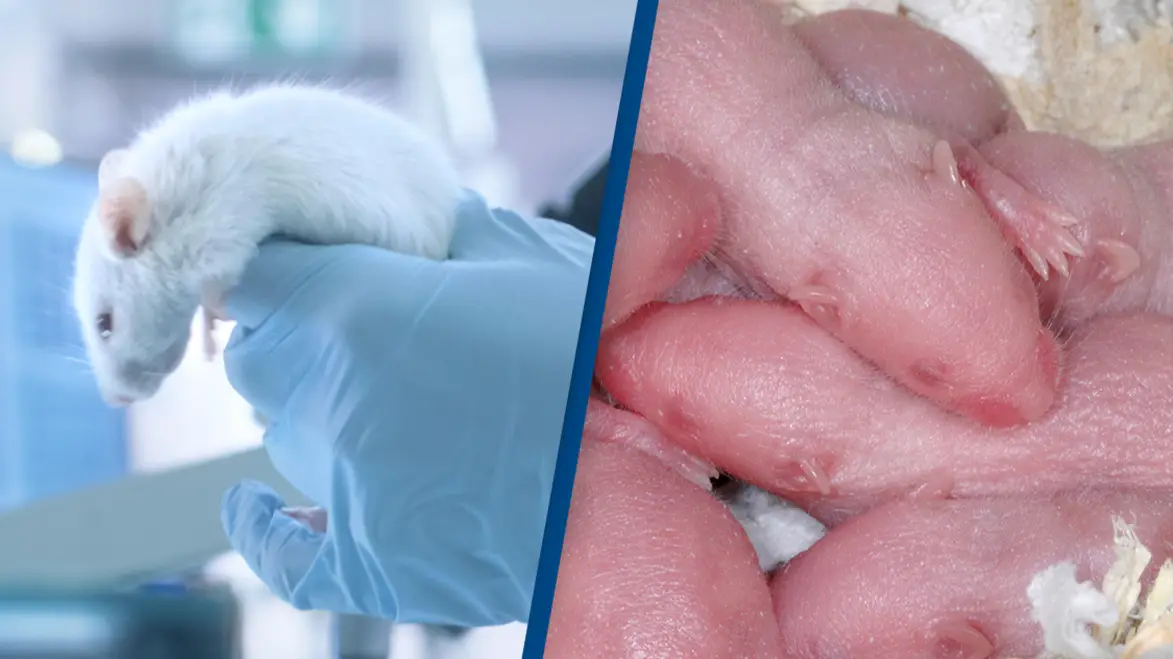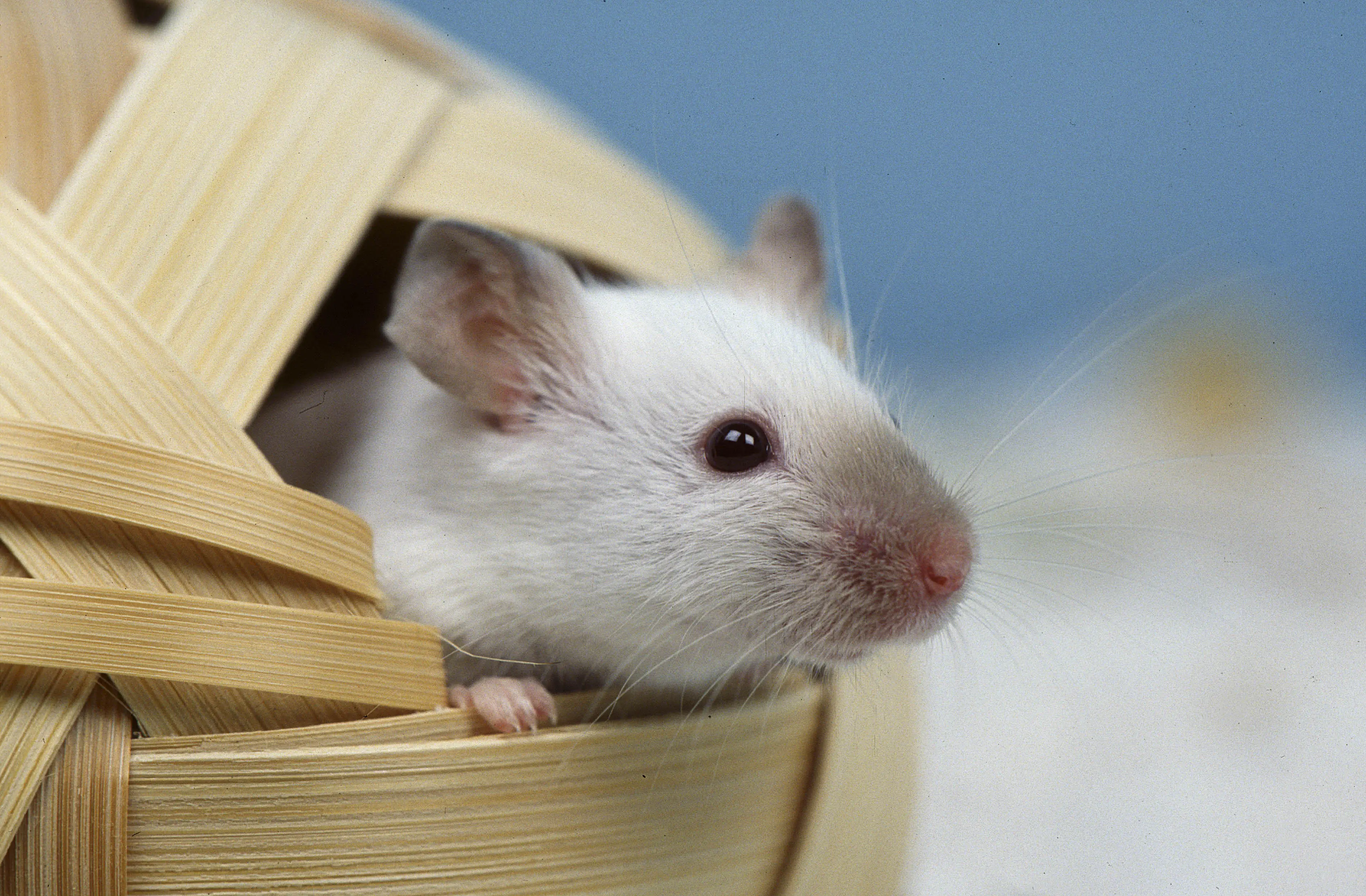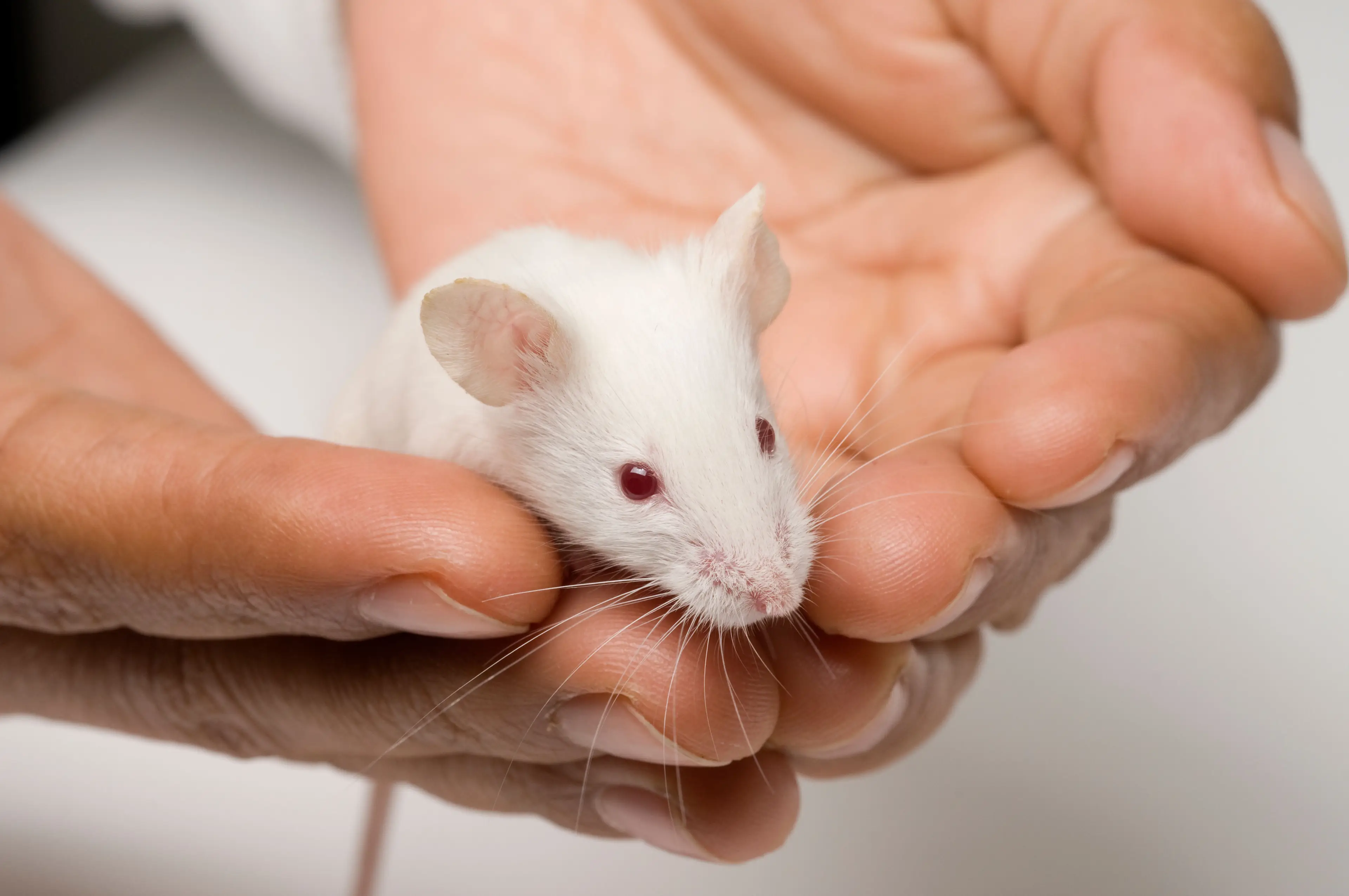
Scientists have made a major breakthrough in turning the clock forward and back on aging.
Researchers from Harvard University carried out experiments on a group of mice into how the process can be manipulated.
David Sinclair is a professor of genetics in the Blavatnik Institute at Harvard Medical School and codirector of the Paul F. Glenn Center for Biology of Aging Research.
He says that the human body has 'a backup copy of our youth that can be triggered to regenerate'.
Advert
And his team's research into the topic may have found a way to do just that.
While it's often been assumed that aging is the result of genetic mutations that cause our bodies to deteriorate and die, Sinclair and his team believe that's not the case.

He says: "We believe it’s a loss of information — a loss in the cell’s ability to read its original DNA so it forgets how to function — in much the same way an old computer may develop corrupted software.
"I call it the information theory of aging."
According to Sinclair, while DNA is the hardware, something called epigenomes are the software, and have the capability of turning genes on and off.
“The astonishing finding is that there’s a backup copy of the software in the body that you can reset,” he explained.
"We’re showing why that software gets corrupted and how we can reboot the system by tapping into a reset switch that restores the cell’s ability to read the genome correctly again, as if it was young."
And hit team's latest experiment into the theory seems to have born some fruit.
In their labs in Boston, old, blind mice managed to regain their eyesight, and developed smarter, younger brains.

They also found that they were able to build healthier muscle and kidney tissue.
On the other side, though, the younger mice were found to have aged prematurely.
They were able to do this through something called ICE (inducible changes to the epigenome), which alters the way DNA is folded, speeding up the aging process.
Conversely, in order to reverse the hands of time, they injected damaged retinal ganglion cells at the back of the animals' eyes with a cocktail of human cells.
They then fed them antibiotics and watched as the mice regained their eyesight.
Sinclair said: "The experiments show aging is a reversible process, capable of being driven 'forwards and backwards at will'."
Their study was published in the scientific journal Cell.